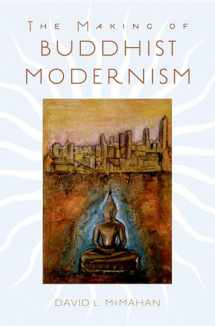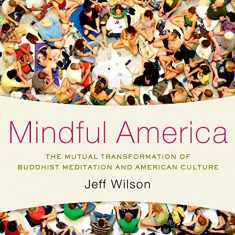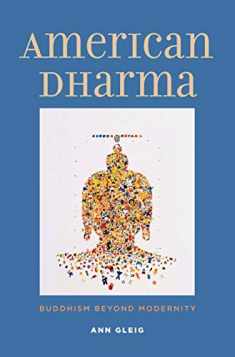
The Making of Buddhist Modernism
Book details
Summary
Description
A great deal of Buddhist literature and scholarly writing about Buddhism of the past 150 years reflects, and indeed constructs, a historically unique modern Buddhism, even while purporting to represent ancient tradition, timeless teaching, or the "essentials" of Buddhism. This literature, Asian as well as Western, weaves together the strands of different traditions to create a novel hybrid that brings Buddhism into alignment with many of the ideologies and sensibilities of the post-Enlightenment West.
In this book, David McMahan charts the development of this "Buddhist modernism." McMahan examines and analyzes a wide range of popular and scholarly writings produced by Buddhists around the globe. He focuses on ideological and imaginative encounters between Buddhism and modernity, for example in the realms of science, mythology, literature, art, psychology, and religious pluralism. He shows how certain themes cut across cultural and geographical contexts, and how this form of Buddhism has been created by multiple agents in a variety of times and places. His position is critical but empathetic: while he presents Buddhist modernism as a construction of numerous parties with varying interests, he does not reduce it to a mistake, a misrepresentation, or fabrication. Rather, he presents it as a complex historical process constituted by a variety of responses -- sometimes trivial, often profound -- to some of the most important concerns of the modern era.


We would LOVE it if you could help us and other readers by reviewing the book
Book review





